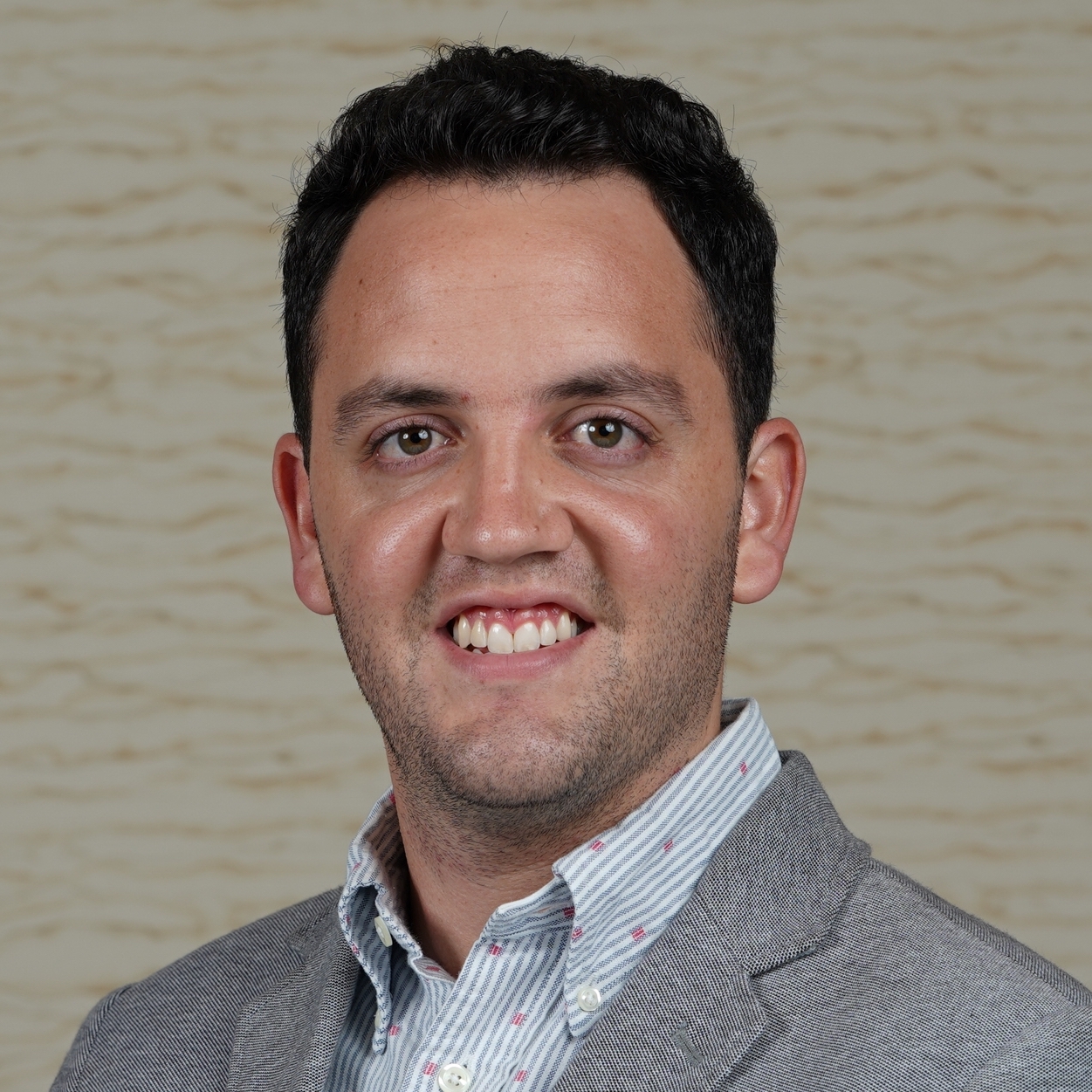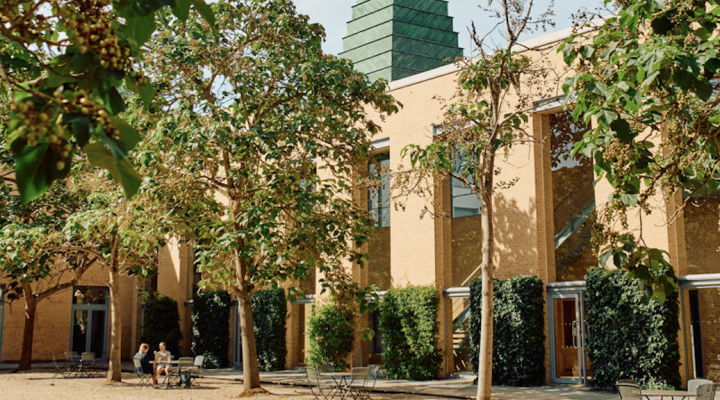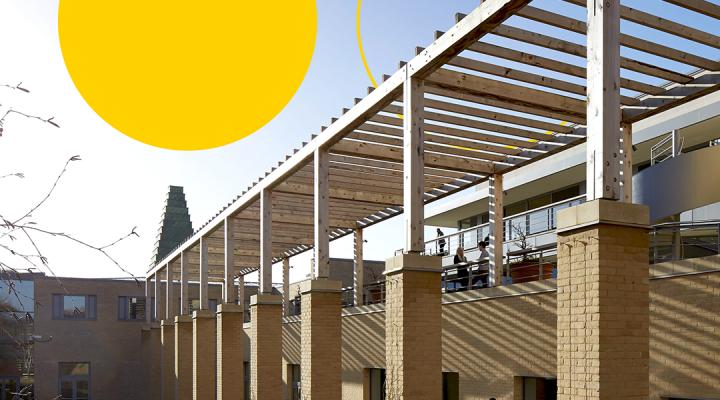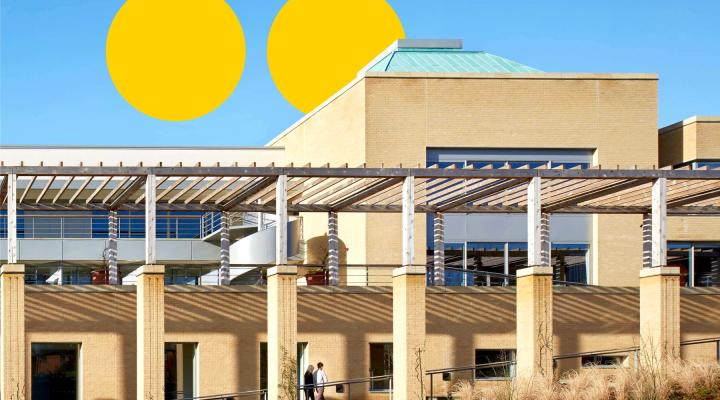I was born and raised in a small town 40 minutes away from Mexico City, Mexico.
I was a shy kid with Harry Potter-style glasses always asking '…but WHY?' to my parents and teachers. Little I knew that such annoying curiosity would bring me here – to one of the most respected educational institutions in the world. Yes, to keep asking 'Why'.
I was fortunate to have my inspirational figures up close, just a few meters away from my bedroom: My grandparents and my parents. Grandpa and grandma were both important professors which helped establish and grow the educational system in our state. Dad worked in a large bank, where he created and developed one of the most important scholarship programs in the country. His program helped tens of thousands of low-income students who were sons/daughters of immigrants to keep studying. Mom, besides being CEO of a 3-children, 3-dog, 1-parrot home, was a very active environmentalist and community leader. Different works, nonetheless, the four of them have something in common: they all gave back to the community with their day-to-day job.
That is what brought me here — my profound intention to give back to my community with my day-to-day job.
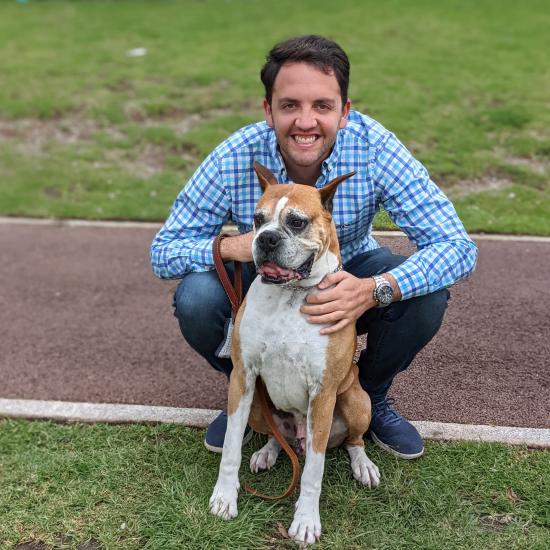
Why an MBA? Why Oxford?
'Earth is not a market, it’s a mission.'
A few years back, this quote started everything for me. I was watching a speech delivered by the MIT Media Lab founder, Nicholas Negroponte. During the whole speech, the French visionary addressed the issue of 'wasted talent', and how highly skilled MBAs, designers, and engineers were wasting their careers working for unpurposeful companies. He discussed how the world doesn’t need another food delivery app or another platform to watch funny cat videos. Profitable ventures, perhaps. Purposeful, definitely not.
That quote resonated with me on a deeper level. It put into a short and simple phrase something that I had been thinking for a long time: 'How is it possible that having such a long and urgent list of planetary issues, we are still driven by companies that are going to do well (financially), but not good (socially)?'
I am still looking for the answer to this question.
Worldwide, the business world holds 7x more resources than governments and 20x more than NGOs. If a group in society is going to solve the pressing issues we have, that is going to be businesses.
I had the fortune to work for the last four years at one of the most recognized consulting firms, Deloitte Consulting. There, I was exposed to so many industries, functions, and people. From strategy to operations. From senior executives to office workers. From automotive to healthcare. From North to South America.
I realized that what Negroponte mentioned that day was connected to some other important matters. The (unsuccessful) search for meaningful work from employees. Humans losing the race against automation. Companies not only not doing good but harming society and the environment. So many issues, still so little effort to solve them.
Seeing this firsthand, let me through an unsatiable search for answers and like-minded people.
Soon I would find out I was not alone.
I discovered many thought leaders inside and outside the consulting world. The one that I thought had the most ambitious and structured way of overcoming the 'broken capitalism' problem was former Saïd Business School Dean, Professor Colin Mayer. After reading most of his work and watching all his YouTube videos, I knew something was cooking at Oxford. An alumna once told me that the Oxford MBAs were seen as the 'Green Sheep' of all the MBAs.
I had found my tribe.
People that thought that the change that has to be done in the world, is through business.
Since then, all my efforts were put into getting accepted into the Oxford MBA.
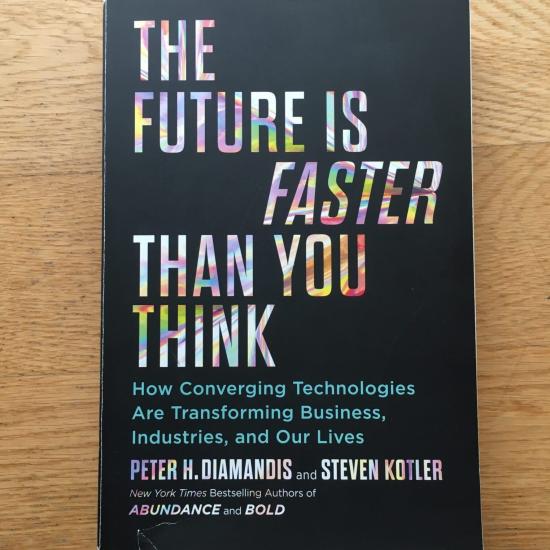
How did you prepare for the Oxford MBA?
I have spent the last months filling some gaps and strengthening some of my passions. I did so by doing three main activities.
First, learning about emerging technologies and their future applications to different industries. I recently read 'The Future is Faster Than You Think', a recommended read to anyone interested in how AI, Quantum Computing, Biotech and other emerging technologies will radically change the business world…faster than you think.
Second, I finished the IDEO course 'Designing a Business', to learn how to build human-centred ventures, from scratch.
Third, I also took some time to explore other possible industries I could work in after the MBA. I had several calls with colleagues from my cohort to learn about their jobs/industries. This was also a great time to add these three things together and reflect a little more on my intentions post-MBA.
What do I expect to gain from the Oxford MBA?
I am very passionate about three things: design-driven innovation, emerging technologies, and purpose-driven companies. The intersection between those three is called Business Design. I believe the Oxford MBA can help me become a better Business Designer. Both the core courses and the multiple co-curricular activities will give me the tools to address systematic issues and become a more complete leader.
Additionally, I expect to gain a lot of inspiration. Oxford is a magical place – just to know that I will be standing in the same place where once Stephen Hawking, J.R.R Tolkien or Margaret Thatcher stood, will fuel my ambition to become a leader that drives change.
What am I most looking forward to?
Inside the classroom, I am looking forward to the courses that tackle the 'big picture'. Being able to discuss with both my peers and professors topics like The Nature of the Corporation, Capitalism in Debate, and Trust in the Digital Age will be a delightful experience.
Moreover, I look forward to co-curricular activities that will help me shape my career as an aspiring Business Designer. I am certain that being part of groups such as the Creative Destruction Lab and the Impact Lab, will equip me with the tools needed for a purposeful career.
Outside of the classroom, I am looking forward to this year’s FIFA World Cup. It will be an exciting and unique experience to watch an international event of such magnitude with a very diverse group of friends! (We almost have 1 representative per national team at the MBA!)
Any advice for those applying to the Oxford MBA?
My best advice to any aspiring MBA (not only Oxford) applicant would be: Deep Introspection.
Yes, the GMAT is important. Yes, your recommendation, cover letters, interviews and so, are important as well. But start with introspection. In my opinion, the most important – and often overlooked aspect of an application are your intentions.
Take some time to reflect on why you want to do what you want to do.
The admissions committees have an outstanding ability to see this. Why do you really want an MBA? Why Oxford? Yes, Oxford is the best school, but it has to be the best FOR YOU.
When I started to prepare to apply to the MBA, I even began going to therapy/coaching to understand my underlying aspirations and expectations. I deeply recommend this if possible.
Hint: Once you know your authentic intentions, you will be deeply energized to work on the several (often exhausting) aspects of your application.
Bonus: Oxford might be for you if you truly want Earth to be a little more a mission, a little less a market.
